In the Second Treatise, Locke claims that civil society was created for the protection of property. In saying this, he relies on the etymological root of "property," Latin proprius, or what is one's own, including oneself (cf. French propre). Thus, by "property" he means "life, liberty, and estate."
Second Treatise of Government
Begin je gratis proefperiode van 30 dagen
- Volledige toegang tot honderdduizenden luisterboeken en e-books in onze bibliotheek
- Maak tot 4 profielen aan, inclusief kinderprofielen
- Lees en luister offline
- Abonnementen vanaf € 7,99 per maand

Second Treatise of Government
In the Second Treatise, Locke claims that civil society was created for the protection of property. In saying this, he relies on the etymological root of "property," Latin proprius, or what is one's own, including oneself (cf. French propre). Thus, by "property" he means "life, liberty, and estate."

An Essay Concerning Human Understanding. Volume One
John Locke
book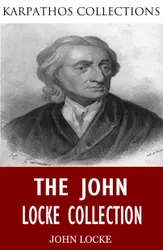
The John Locke Collection
John Locke
book
An Essay Concerning Human Understanding (Vol. 1)
John Locke
book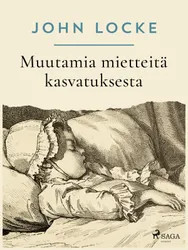
Muutamia mietteitä kasvatuksesta
John Locke
book
Of the Conduct of the Understanding
John Locke
book
The Empiricists. Сlassic collection. Illustrated : Concerning Human Understanding, Principles of Human Knowledge, Dialogues Concerning Natural Religio and others
Francis Bacon, Thomas Hobbes, John Locke, George Berkeley, David Hume, John Stuart Mill
book
Second Treatise of Government (Unabridged)
John Locke
audiobook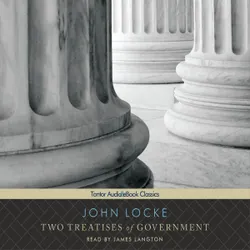
Two Treatises of Government
John Locke
audiobookbook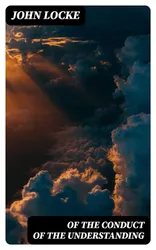
Of the Conduct of the Understanding
John Locke
book
Some Thoughts Concerning Education and When Grammar Should Be Taught?
John Locke
book
A Letter Concerning Toleration
John Locke
book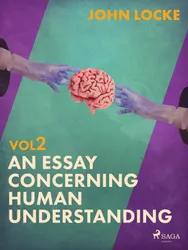
An Essay Concerning Human Understanding. Volume Two
John Locke
book